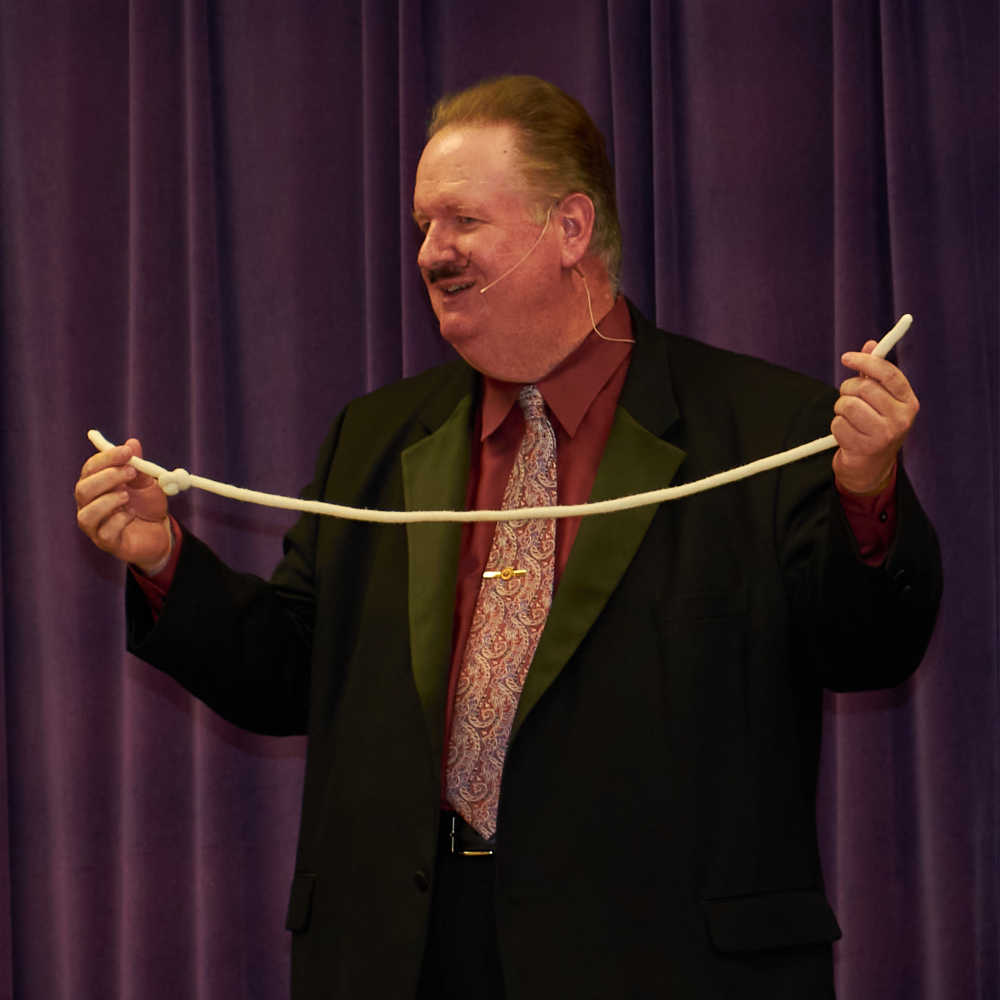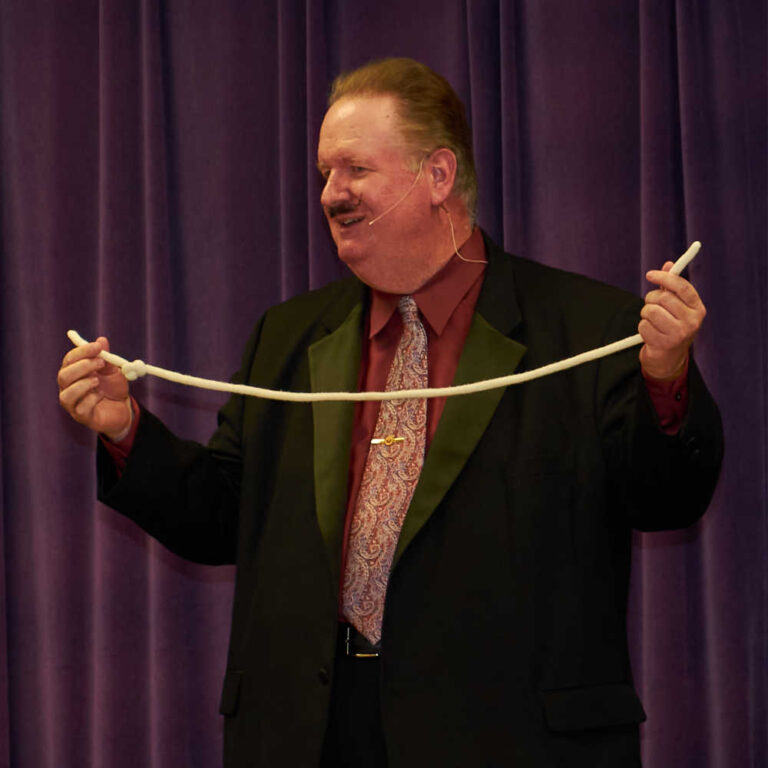
Don't Forget the Rest of You.
I want to share a thought that has been percolating in my mind, heart, and soul for a long time. I believe it’s important, and I offer it to you as a gift at the end of a year that has been full of incredible challenges and opportunities for me, both professionally and personally. Please hear this in the spirit in which it is offered.
Don’t become so comfortable with a few of your most obvious characteristics that you ignore the many other things about your own life, interests, gifts, and experiences that make you a multi-faceted, intrinsically diverse individual.
Don’t let others be so obsessed with a few of your most obvious characteristics that they demand to define you solely by the ones they select, ignoring the many other things about your life, interests, gifts, and experiences that make you a multi-faceted, intrinsically diverse individual.
You are more than the things you are best known for, even to yourself. You are also more than the limiting boxes others wish to put you in, to give themselves permission to silence, or discredit, or diminish, or exclude, or even totally ignore you.
Every individual person is a mosaic. Perhaps even a kaleidoscope.
Don’t forget the rest of you. And don’t let anyone else, either.








2 Responses
I had this same conversation with some folks a few days ago, and I was firmly on your side. I still am, but more nuanced now.
I work hard to be well-rounded, but that can limit the ability to be “the expert” on something. There are a lot of things I’m very good at, but very few things that I’m great at.
Of course, this statement coming from you helps shape my view further. You’re a well-rounded guy as well, it seems, but you are truly excellent at your craft. There’s a way to improve all of your characteristics while still pushing your best ones even further, but it’s a tough balance to sort out.
I don’t intend my advice to suggest that you shouldn’t have expertise. But I do think ones expertise benefits from the fact that one has other experiences and interests that fill it out and offer different ways to see relationships, or to create analogies or mental models that help one understand things better. Insight can come from, “You know, that’s sort of like the way major and minor chords are related” or “You know, that’s kind of the way pressure, volume, and temperature work,” etc.
And of course, my other thrust here is about not allowing others to pigeonhole you based on taking a few characteristics and deciding that’s all that’s important or meaningful about you or what you have to offer.